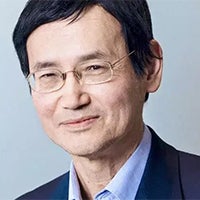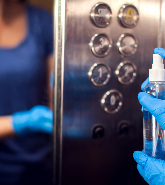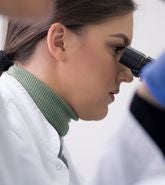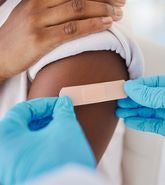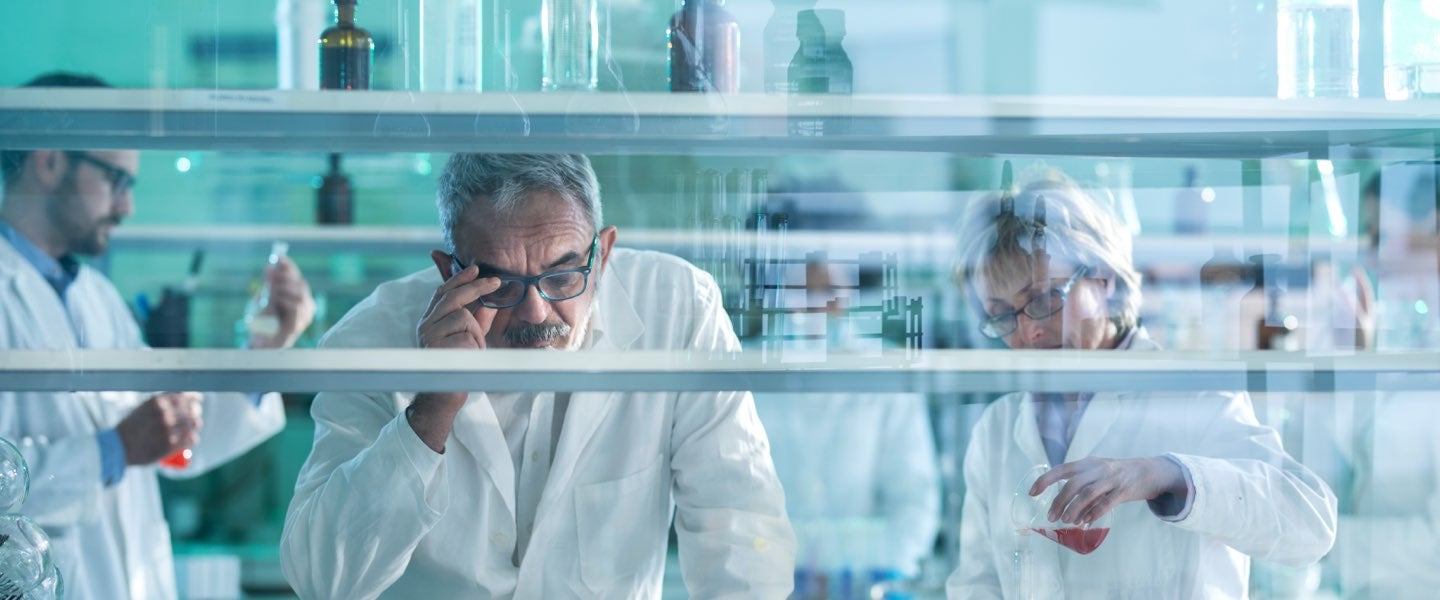At the outset of RMS LifeRisks longevity modeling in 2007, one potential advance (vitagion) identified on the medical horizon was xenotransplantation, when non-human cells, tissues, or organs are used to treat medical conditions in humans.
One of the first attempts at xenotransplantation happened a whole century earlier in 1906, when Mathieu Jaboulay, a professor of clinical surgery in Lyon, France, transplanted a pig’s kidney to replace a patient’s failing kidneys.
After three days, the transplant showed signs of organ death and had to be removed[1], but it showed that the history of medicine is punctuated by singular advances made by key individual medical researchers.
One such researcher renowned for biologically inspired engineering is Dr. Luhan Yang, a young Ph.D. at the Wyss Institute for Biologically Inspired Engineering at Harvard University.
The transmission of zoonoses, infectious diseases that can jump from a non-human animal to humans, is a fundamental stumbling block for xenotransplantation, such as pig viruses that can be transmitted to humans.
Yang and her co-workers overcame this challenge by using CRISPR (Clustered Regularly Interspaced Short Palindromic Repeats) DNA sequence technology to prevent the replication of porcine endogenous retroviruses (PERVs) and transmission to human cells.
A decade on from the initial LifeRisks consideration of xenotransplantation as a vitagion, a seminal paper on this breakthrough was published in the journal Science[2].
An early measure of the practical feasibility of any medical research initiative is obtaining sustained commercial backing – a task made more difficult after the Theranos debacle.
In 2015, Luhan Yang co-founded eGenesis, a company based in Cambridge, Mass. which is a global center of excellence in biotech innovation. eGenesis claims it is committed to using its gene editing and genome engineering platform to transform solid organ and therapeutic cell transplantation for the treatment of serious diseases.
With leading medical institutions and collaborators, eGenesis is working to advance the development of organs and cells to address the global need and save and enhance the lives of patients around the world. Their mission statement is ambitious:
"At eGenesis, we believe that xenotransplantation has the potential to transform the treatment of organ failure by eliminating waitlist mortality. We believe that our gene-editing platform will eventually reduce or eliminate the burden of post-transplant immunosuppression. We believe that one day, failing organs will be replaced with the same predictability and success seen with hip and knee replacement today."
The company’s goal is to create an unlimited supply of safe and effective organs and cells for xenotransplantation. Human-compatible donor organs developed by eGenesis look to offer a potentially viable alternative to end waiting list mortality and alleviate the shortage of transplantable organs.
The eGenesis Genome Engineering and Production (EGEN™) Platform will leverage advances in gene editing technologies to address the historical challenges of xenotransplantation: risk of cross-species infection and graft rejection. Without genetic modification, a porcine kidney would be immediately rejected by a human recipient.
Transplant Breakthrough
On March 16, 2024, a 62-year-old man with end-stage renal disease became the first human to receive a new kidney from a genetically modified pig. The four-hour surgery marked a major milestone in the quest to provide more readily available organs to patients.
The transplant was authorized by the U.S. Food & Drug Administration (FDA) under their Expanded Access pathway and performed by a surgical team at Massachusetts General Hospital (MGH) led by Tatsuo Kawai and Nahel Elias.
After seven years of dialysis, in 2018 the patient received a transplant of a human kidney at the same hospital, but the organ failed after five years and he had resumed dialysis treatments.
The patient lacked other therapeutic options following the loss of vascular access to support continued use of dialysis. Following the procedure, the patient is in good condition and recovering well at MGH.
The pig donor kidney was provided by eGenesis, from a pig that had been genetically edited to remove genes harmful to a human recipient and add certain human genes to improve compatibility. The company also inactivated viruses inherent to pigs that have the potential to infect humans.
Kidneys from similarly edited pigs raised by eGenesis had successfully been transplanted into monkeys that were kept alive for an average of 176 days, and in one case for more than two years.
In August 2023, surgeons at New York University operated on a person who was declared brain-dead, to transplant a pig kidney. But the pig kidney transplant of March 16, 2024, into a live person, is a game-changer.
The CEO of eGenesis, Michael Curtis, declared in a press statement on March 21, 2024: “This successful procedure heralds a new era in medicine in which we have the potential to eliminate organ supply as a barrier to transplantation and realize our vision that no patient dies waiting for an organ. We are humbled by the courage and generosity of this patient, who is a true pioneer, enabling this major breakthrough in science and transplant medicine.”
Meeting Transplant Demand
More than 800,000 people in the U.S., and millions globally, suffer from end-stage renal disease or kidney failure, a life-threatening condition for which transplantation is considered the optimal treatment option to improve quality of life and outcomes.
Yet the demand for organs far outpaces supply, with more than 90,000 individuals on the kidney waiting list and approximately 25,000 kidney transplants performed each year in the U.S.
Patients wait an average of about four years for a donor kidney, by which time 35 percent of transplant candidates have died while waiting, or have been removed from the waiting list.
Progress in pig kidney transplantation is one example of forthcoming exciting advances in medicine which could increase lifespan, and help close the insurance protection gap for those with potentially life-threatening medical conditions.
[1] Schlich T. et al. (2022) Historical perspectives on xenotransplantation. The Lancet.
[2] Yang L. et al. (2017) Inactivation of porcine endogenous retrovirus in pigs using CRISPR-Cas9. Science



